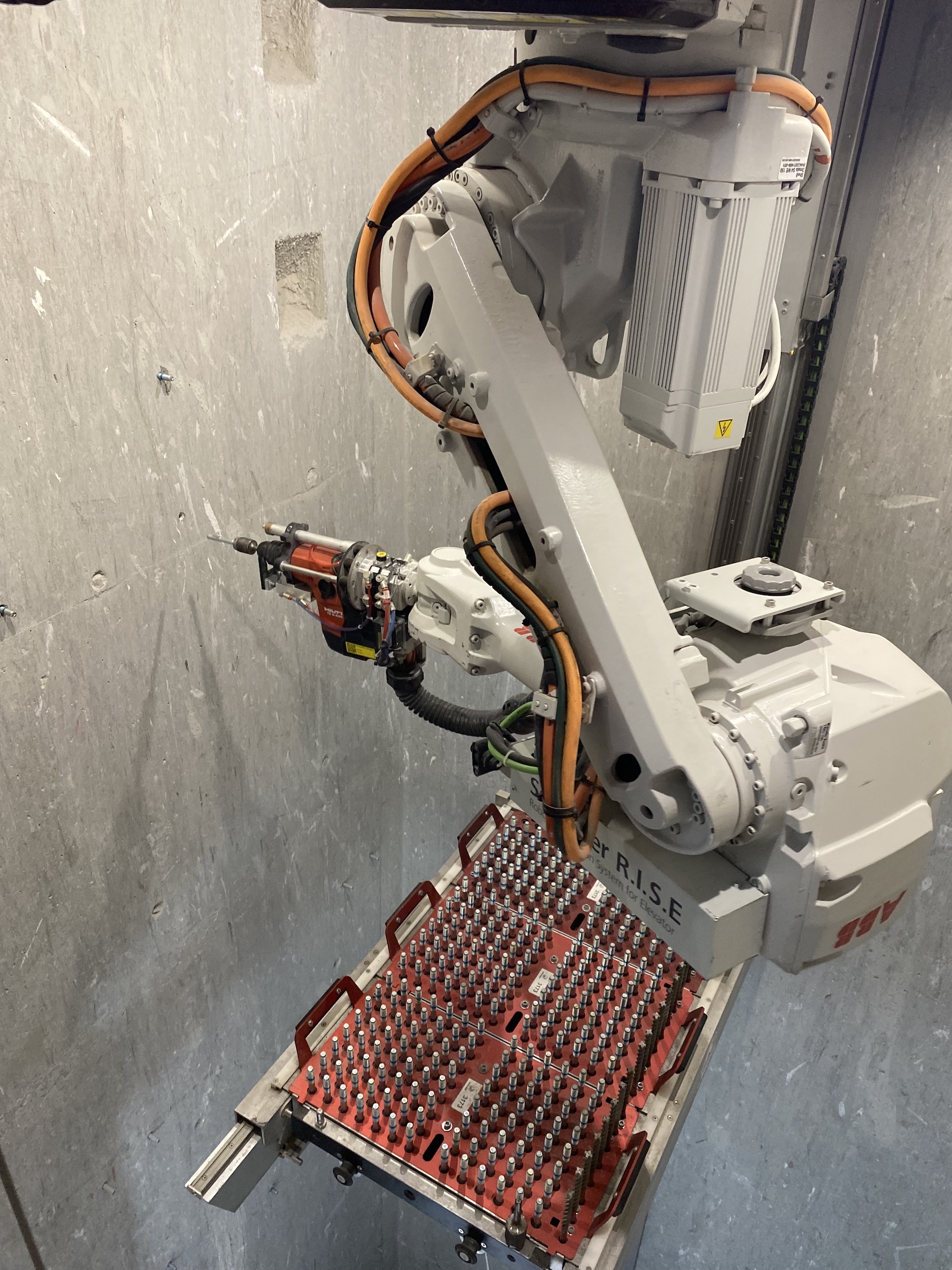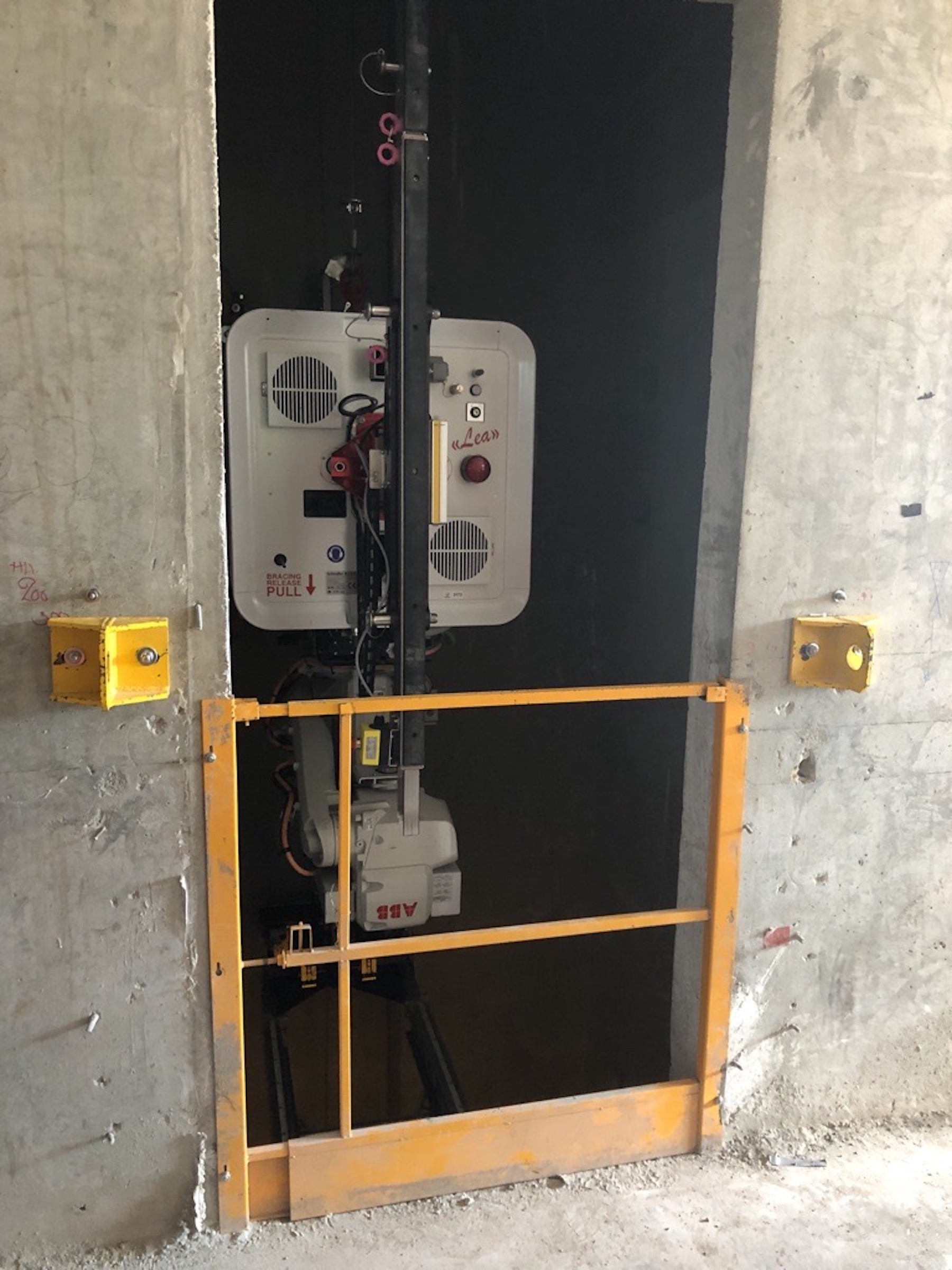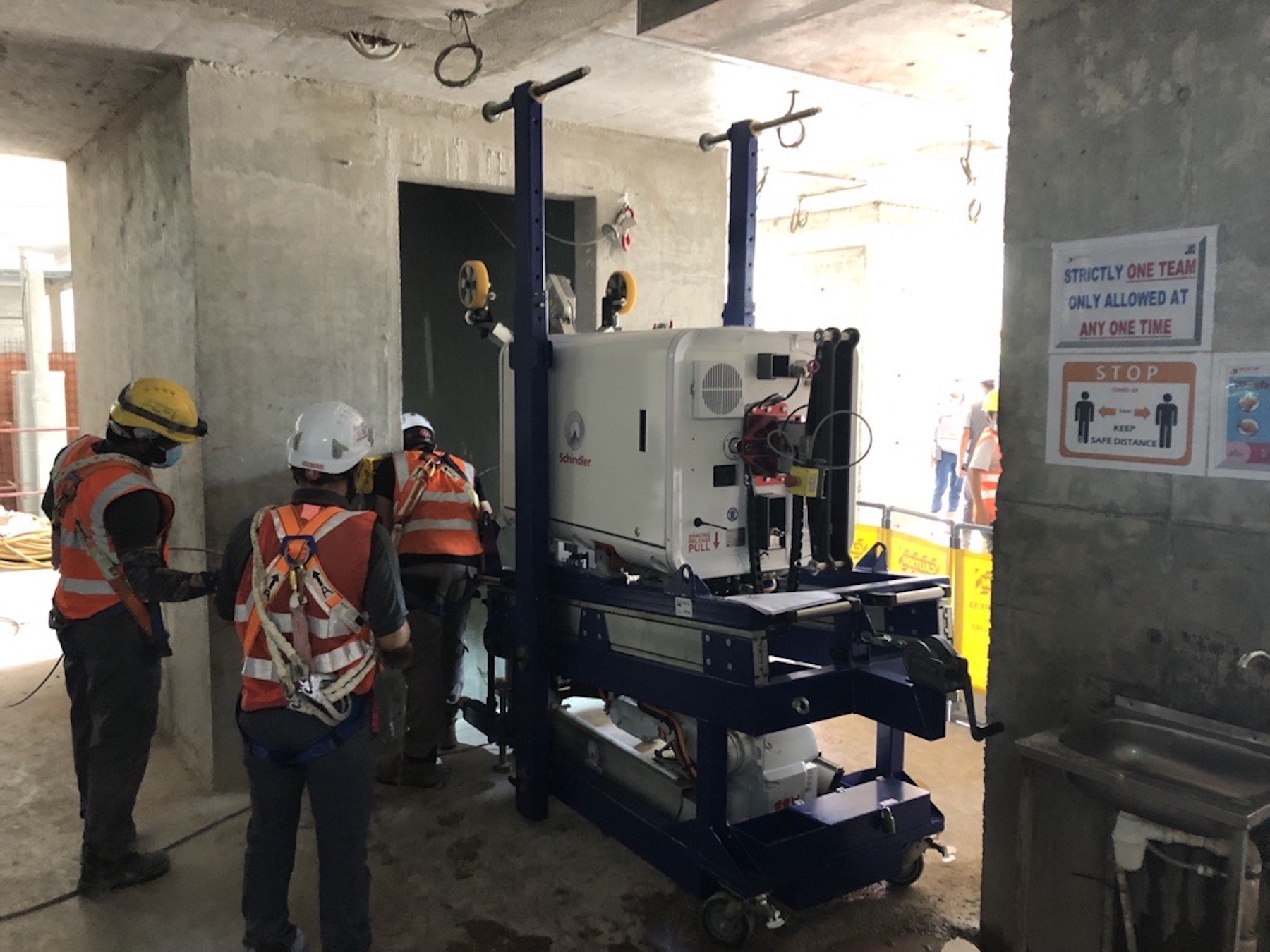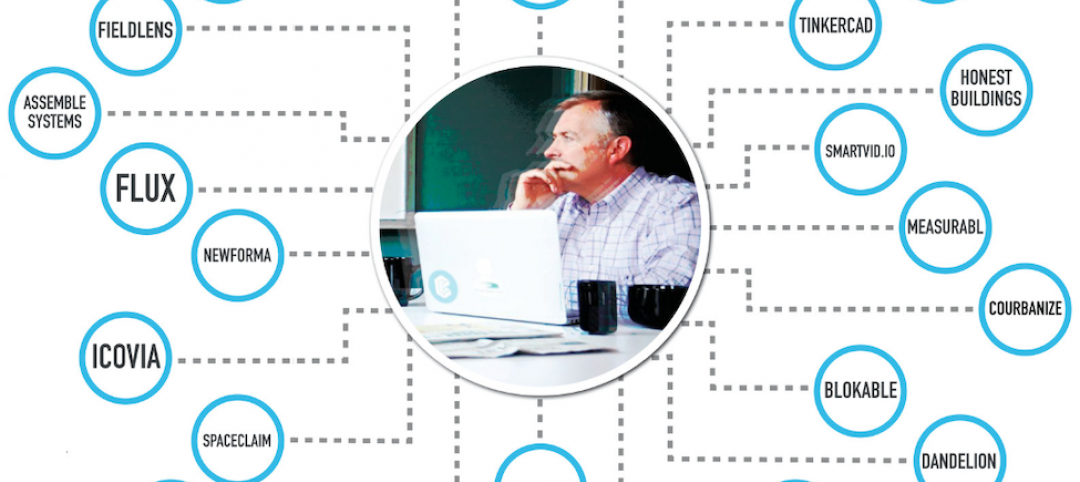Schindler—which manufactures and installs elevators, escalators, and moving walkways—has created a robot called R.I.S.E. (robotic installation system for elevators) to help install lifts in high-rise buildings.
Schindler calls R.I.S.E. the world’s first self-climbing, autonomous robotic system, saying it provides high-level accuracy, better-quality installations, improved planning with BIM integration, and improved worker safety.
As buildings are growing taller and wider, they place increasingly challenging demands on installation schedules. To date, elevators have been installed manually: Mechanics go into the elevator shaft to determine the correct mounting position of guide rail brackets, while drilling holes in the concrete walls to position the anchor bolts that hold the brackets. The same repetitive, manual procedure applies to the installation of elevator landing doors.
Watch R.I.S.E. in action:
With Schindler R.I.S.E, the Switzerland-based company has fully automated this part of the installation process. As a result, the elevator fitting can be done more quickly and accurately, while also improving the health and safety conditions for technicians. The innovation was shortlisted in the Innovation Leaders category of the Swiss Technology Award.
“As buildings are becoming higher and are erected faster, Schindler R.I.S.E is an effective tool in the tall building industry. It makes installations faster, safer, and more accurate, all benefiting our customers and technicians,” Thomas Oetterli, Schindler CEO, said in a statement. “Schindler R.I.S.E also serves as a flagship project for the general introduction of robotics in the construction industry to increase safety, quality, and efficiency on construction sites.”
Schindler R.I.S.E was first deployed in 2017 as a prototype. It then underwent testing on projects including The Circle at Zurich Airport. In 2020, after completing the testing phase, Schindler R.I.S.E was first deployed in Vienna’s TrIIIple project and Warsaw’s Varso Tower. The robot also has been used for Dubai’s Uptown Tower.



Related Stories
Movers+Shapers | Apr 19, 2019
AEC angel investor
Jesse Devitte is among the prescient venture capitalists who’ve bet on the AEC industry finally coming around to design and construction technology.
AEC Tech | Apr 17, 2019
4 fundamental relationships between buildings and machines
If and when AI drives the entire process of design, construction, and operation, buildings could become exponentially smarter with resources, money, time, and performance.
AEC Tech | Apr 12, 2019
NBBJ creates Design Performance Group whose goal is to connect building design with occupant wellbeing
The firm also wants to advance energy efficiency in its projects.
AEC Tech | Apr 10, 2019
Speaker Update! Accelerate AEC Innovation Conference, May 13-14, NYC
BD+C's third-annual Accelerate AEC Innovation Conference (May 13-14, NYC) will explore AI in architecture, offsite construction, smart buildings, AEC business innovations, big data in construction, and much more.
AEC Tech | Mar 26, 2019
Embracing collaboration tools from outside the AEC industry
Let's take a look at the available technologies from outside AEC that are seeing greater adoption within the industry.
AEC Tech | Mar 24, 2019
5 ways designers and builders can use business intelligence with data they already have
Tricky construction budgets, large project teams, and unique designs needing extensive coordination are all problems increasingly being handled with new software tools and data.
AEC Tech | Feb 8, 2019
BI(m): BIM data without models
A new breed of data tools creates a valuable opportunity for the next wave of BIM and facilities management, one where “pure data” is at the center, writes John Tobin of SMRT Architects.
AEC Tech | Jan 9, 2019
Our robotic future: Assessing AI's impact on the AEC profession and the built environment
This is the first in a series by Lance Hosey, FAIA, on how automation is disrupting design and construction.
3D Printing | Dec 7, 2018
Additive manufacturing heads to the jobsite
Prototype mobile 3D printing shop aims to identify additive manufacturing applications for construction jobsites.
AEC Tech | Sep 27, 2018
BD+C editors want your input on AEC technology
Please help us improve our editorial coverage by taking this brief survey.













